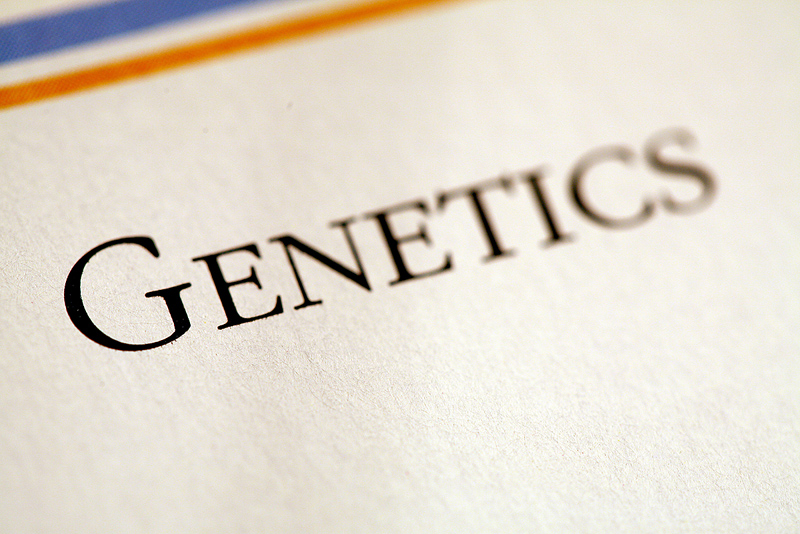
MONDAY, Oct. 14 (HealthDay News) — One of the keys to a successful marriage may lurk not in the stars but in your genes. A new study links variation in a single gene to the ability to tolerate the good times and bad times of married life.
The research isn’t conclusive. It’s possible that the gene plays no role at all in marriage or that scientists don’t fully understand the connection they think they see. Since marriage is one of the most complex of human relationships, it’s likely that a host of factors beyond genetics affects its success, experts said.
Still, the findings may “take the mystery of our social world and clarify a little piece of it,” said study co-author Robert Levenson, a psychology professor at the University of California, Berkeley.
The research is rooted in the fact that emotions affect marriage in obvious and subtle ways, Levenson said.
“Relations tend to be quite successful, and people are happy, when there are a lot of positive emotions like affection. When there’s a lot of negative emotion like disgust and contempt, it can be particularly poisonous for relationships,” he said. But, he added, “everybody also knows married couples who bicker all the time, but their marriages seem to work just fine. Other couples have one argument and they’re in divorce court.”
So why can some couples tolerate swings in emotion better than others? The researchers targeted a gene that affects serotonin, a brain chemical that’s considered crucial to mood and well-being. Their goal: to figure out if it’s connected to the inner workings of a marriage.
For the study, published online Oct. 7 in the journal Emotion, the researchers examined DNA samples from 125 long-term spouses in the San Francisco area who were tracked over 20 years for research into marital satisfaction. The participants, mostly white, were all middle-aged or older at that time.
At issue is a genetic variant called 5-HTTLPR. Everyone receives a copy of this variant from each parent. About 20 percent of those in the study had two short 5-HTTLPR “alleles” (types), one of three possible configurations. Those people were more likely than those with one or two long alleles to be affected by the emotional level of a marriage — unhappier when there was a lot of negative emotion, such as fighting, and happier when there was a lot of positive emotion, Levenson said.
The effects of this genetic trait are “like amplifiers, like the knob on your hi-fi where you turn up the music,” Levenson said. “If the music is really bad, it will be more unpleasant. And if it’s really good, it’ll be more pleasant. They turn up your sensitivity to the emotional quality of the music in your relationship.”
The researchers also found that these genetic influences strengthened with age.
Paul Zak, chairman of the Center for Neuroeconomics Studies at Claremont Graduate University in California, praised the research but cautioned that many other genes are likely to contribute to marital satisfaction, including those that affect emotional bonding, aggression and promiscuity. He also said the overall effect of the genetic variation on marriage seems to be small.
In other words, knowing your fiance’s 5-HTTLPR genotype probably won’t help your predict the success of your impending marriage.
And Zak said people can find ways to counteract their genetic propensities regarding emotion by taking psychiatric drugs or adjusting the way they deal with spouses. “If your spouse is more emotional, anxious, or very sensitive to negative emotions, the other spouse can turn this around by being positive more of the time,” he said.
More information
For more about mental health, see the U.S. National Library of Medicine.
Copyright © 2026 HealthDay. All rights reserved.

